Gastronomy in Greece
Introduction
Gastronomy in Greece – You’ve come to a country blessed with a rare Mediterranean beauty, which unfolds in an extraordinary diversity of land and seascapes, opening your horizons to every possible kind of experience, not least gastronomical. Forget that the Greek sun and sea are there to put the finishing touches on our beaches. Think instead of the delicious things they produce, from the copious quantities of miraculous olive tree to the lowliest mollusk. Greece promises to be a gastronomy experience that you’ll never forget. Here you’ll take part in a game of discovering new tastes and aromas, new combinations of foods, new fruits of the earth. The gastronomy here will excite you: traditional Greek breakfast, colorful authentic Mediterranean cuisine, local products, fine wines, flavorful beers and local spirits.
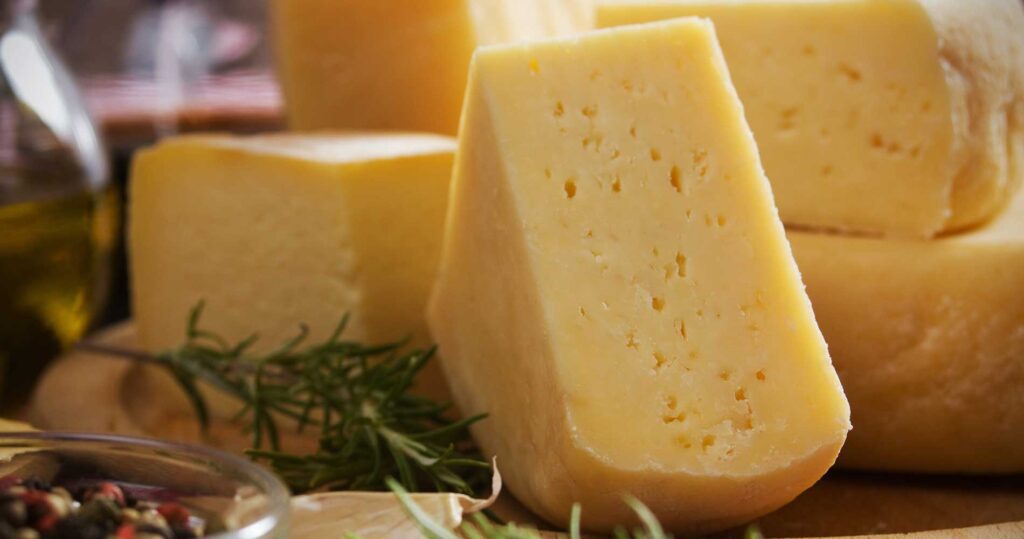
Gastronomy is Greek
The word “gastronomy” derives from the Ancient Greek words γαστήρ ( gastḗ r = stomach) and νόμος ( nomos=laws that govern). We use gastronomy to describe the art of making good and
delicious food. This includes combining good food with good wine or other beverages, and it is not limited to cooking; it is more like a canvas painted repeatedly on various different themes.
The Greek ritual of enjoying a meal, particularly the combination of what you eat and where you eat it each time, cannot be repeated, exported or re-enacted. That’s what makes Greek gastronomy stand out. Culinary art and gastronomy can take you on a trip down memory lane through tastes and flavors, which make you feel warm and fuzzy as you recall gastronomic experiences of the past. Cooking is like singing. Anyone can cook; a good cook, though, will create their own version, their personal execution of a dish, just as a singer performs the lyrics in their own style, avoiding to imitate the original performer.

Archestratus, the father of gastronomy
Archestratus was an ancient Greek poet from Gela or Syracuse, Sicily, who lived sometime in the mid-4th century BC and was known as the “father of gastronomy”. His most famous work, Hedypatheia or Gastronomy, is considered the first cookbook (330 BC) and was held in high esteem by Athenaeus in his Philosophers at Dinner (in Greek Deipnosophistai), composed around 200 AD. This humorous didactic poem advises a gastronomic reader on where to find the best food in the Mediterranean world, including several recipes and instructions on how to prepare dishes, focusing mostly on fish.

Greek Eating Habits
Greeks approach food with a combination of seriousness and nostalgia, inevitably thinking back to the dishes they were raised on. They don’t eat to live but rather live to eat, and a meal is almost always a social, convivial occasion, which revives the original meaning of companionship – people who broke bread together. There is no notion of the western ‘eat and run’ syndrome. Here in Greece, lunch or dinner can last for hours, and the more people gathered at the table the better: for good food and good wine bring good talk.
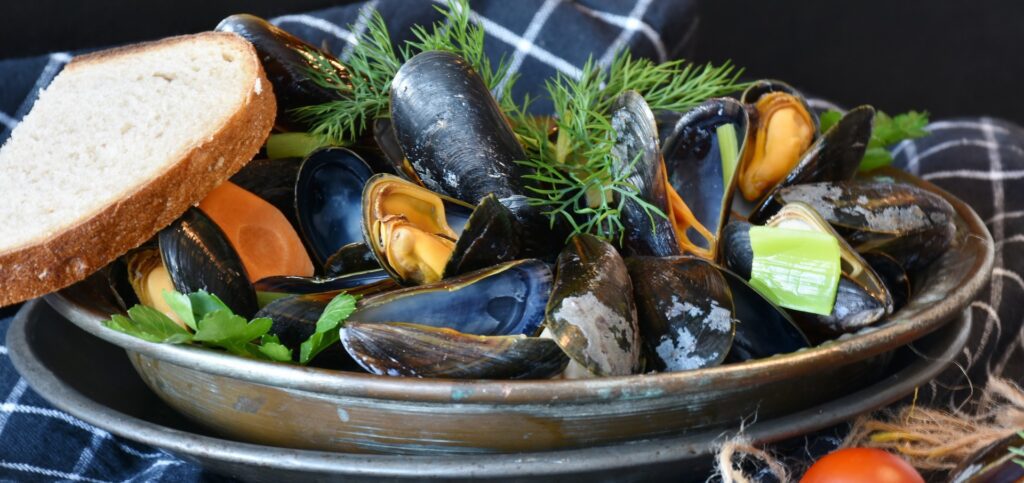
Traditional Greek cuisine
From ancient times to today, Greek eating habits have changed so radically that it’s difficult to summarize the gastronomic culture of the country in a few words. Although it’s highly likely that Homer’s heroes would feel at home at a Greek Easter, they would not recognize the lemons, potatoes, tomatoes, and much more. Since those days, so many new fruits and vegetables have arrived on these shores and there are so many different ways of cooking them. But one thing has always been true: the emphasis on authentic raw ingredients, unadulterated and grown locally – simple dishes, cooked slowly and without fussy sauces, seasoned with herbs and olive oil rather than exotic spices, with love and imagination.

Every corner of the country has its unique specialties, dishes that have evolved over time from the interplay of necessity and invention; from raw materials that grew naturally in harsh or fertile environments; from passersby – invaders or refugees – who introduced new ideas and from the Orthodox Church, whose stringent regulations regarding fasting compelled countless generations of housewives to create an enormous repertoire of wonderful vegetarian and vegan dishes. Come and discover Greek cuisine in all its manifestations; regional or Panhellenic, traditional or modern, sophisticated or simple. The single thread of Greek ingenuity connects all the culinary experiences you will have here.
Modern Greek Cuisine
Over the past couple of decades, a new wave of chefs has sprung up, committed to recreating the traditional cuisine they were brought up on… but with new combinations and techniques. Often trained abroad, where they have come into contact with other food cultures, they are two-way ambassadors. As they return, they experiment with new approaches to traditional recipes, changing techniques and creating a new style of Greek cuisine. At the same time, domestic production, which had been neglected, is also being rediscovered, transformed and redesigned. As examples, we have the rare Cretan skolymbous, a wild green that costs more than fillet mignon, sweet potatoes from Trikala, chestnuts from Volos, farmed black pork and mountain goat from Crete. An intriguing fusion: the old, with its historic value, blended with new ideas, to give it new life. You’ll be impressed by the inventiveness of the new generation of cooks in the fine restaurants of the mainland and islands, from Halkidiki to Laconia and Crete to Corfu. Seek them out and sample everything you can. You’ll be asking for a second helping.
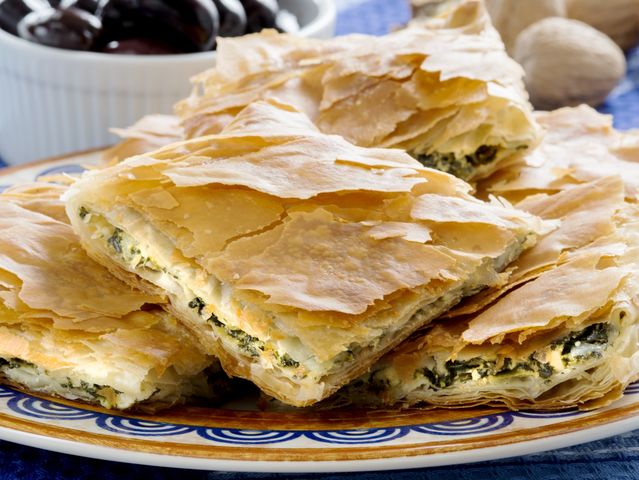
Basic ingredients
Greek cuisine has four secrets: good quality fresh ingredients, correct use of flavorings (herbs) and spices, the famous Greek olive oil and simplicity. Greek olive oil deserves a special note. It accompanies almost all Greek dishes, it is used abundantly in most of them, it is of excellent quality and it is very good for your health. It is also known that artificial cultivation of vegetables is not carried out due to the mild Greek climate. Consequently, most vegetables are cultivated in natural ways and they therefore maintain their aroma and their flavour. You will be happy and content after tasting a Greek tomato, cabbage, carrot, onion, parsley and garlic. At the same time, you should not forget the rich flavour and aroma of fresh Greek fruits, such as grapes, apricots, peaches, cherries, melons, watermelons, etc.
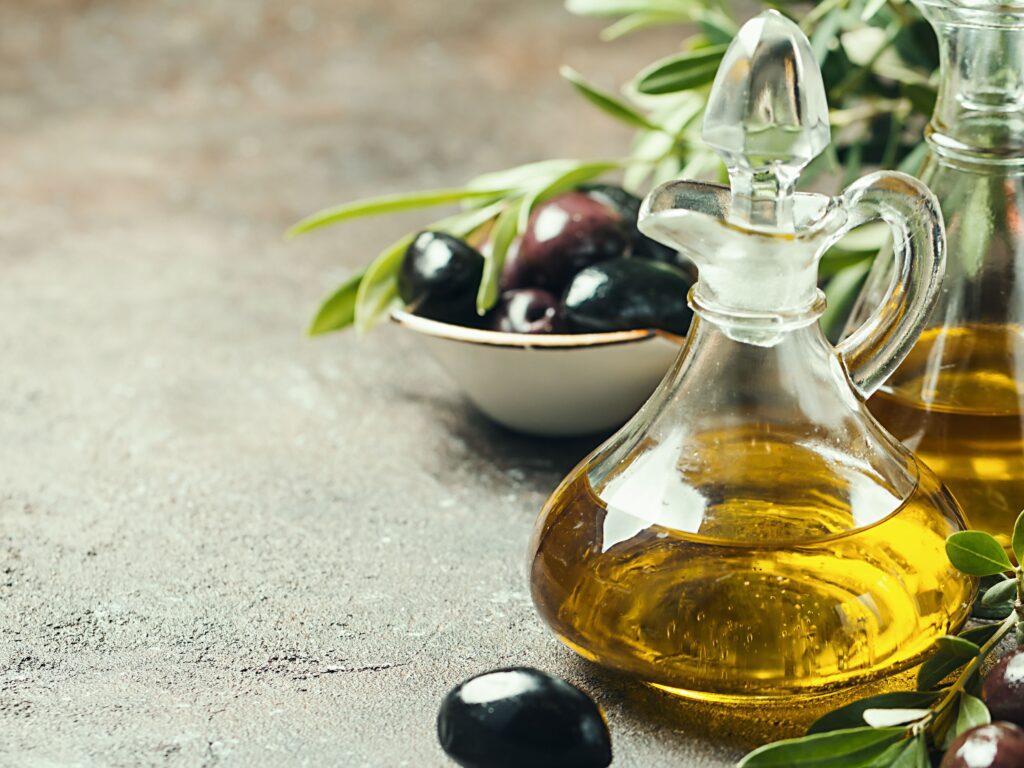
As far as flavourings (herbs) are concerned, which almost every Greek gathers from the hills and the countryside, they are renowned for their gustativeness, aromas and curative properties. As you taste some of the many different dishes, you will be mesmerized by the amazing aroma of oregano, thyme, mint and rosemary. Do not forget to also try the Greek cheeses, especially feta cheese. Taking as fact that the sheep and goats are free-ranging and the pastures are especially lush and green, Greek meat has a unique taste that cannot be compared. Mediterranean seafood is much tastier than those from the oceans. The Aegean and Ionian Seas are crystal clear and rich with fish. Fresh fish on the grill is considered to be a true delight.
Gastronomic tradition in Greece
The key for any visitor is to ‘go local’, enjoy the gifts of the land and see and the company of people who have upheld ancient culinary traditions for centuries. Exchange toasts with your neighbors as you drink wine made from exquisite home-grown grapes. Have fun at lunch parties on Sundays and holidays that last till evening, enjoying traditional dishes that have been seasoned with love and special care.
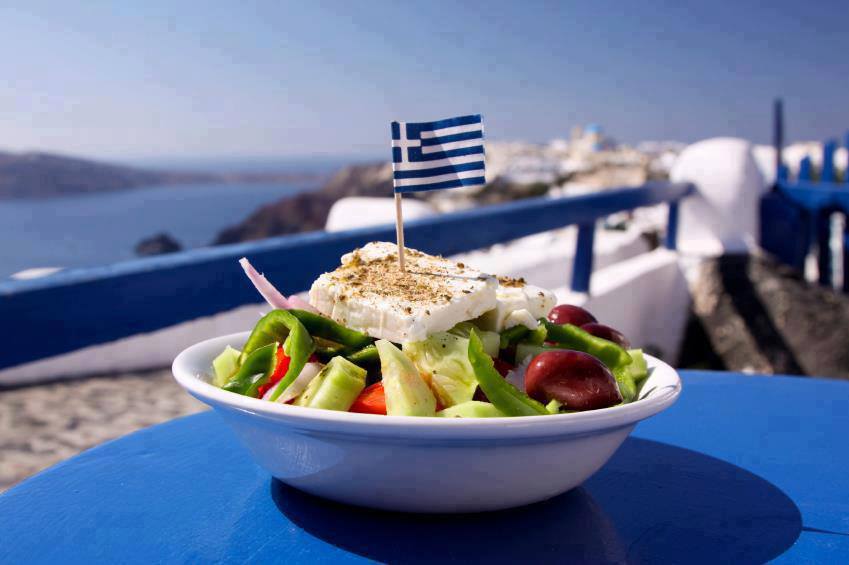
Greek products
Think of the gastronomic wealth of Greece as a giant gift basket full of natural perfumes and tastes. Peel the most succulent peach you’ve ever seen and let a glistening, juicy twine cascade over your wrists and fingers. Take a sip of fruity Nemean red wine or flinty Santorini white and let the sublime taste wash over you. Feel the energy flow after a light but fortifying Greek breakfast.
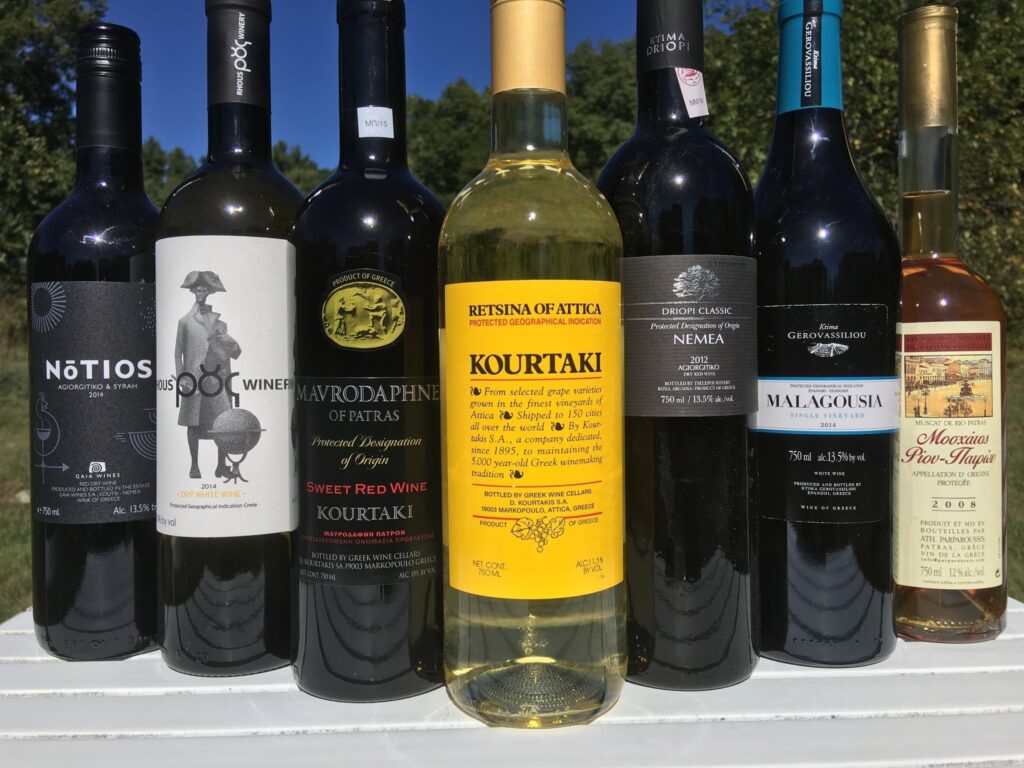
Ask the vendors at the farmers’ markets to choose their best produce for you. Swim at dawn and watch the fishermen haul in their catch; then order it for lunch at the beach taverna. Let your senses revel in what freshly picked fruit and vegetables should really taste like. Imagine biting into the firm flesh of naturally grown tomato in the shade of a courtyard ringed by chattering cicadas.
The Mediterranean Diet
The concept of a Mediterranean diet was developed in the early 1960s, during a study known as the Seven Countries Study. T his study looked into the dietary habits of the populations of
various regions, as well as their health status. It was found that inhabitants of the Mediterranean, namely Crete and Corfu, had better health and longer life expectancy than the inhabitants of other countries. This difference was attributed to their eating habits. Since November 2010, the Mediterranean diet has been recognized by UNESCO as Intangible Cultural Heritage.
There can be no Mediterranean diet without Greek cuisine; at the same time, the Greek cuisine constantly promotes the Mediterranean diet. The Mediterranean diet is not just a nutritional regimen; it is part of the Greek economy, tradition and culture. Rather than just a diet plan, the Mediterranean diet is a way of life. The secret lies in regular physical exercise, whereas enjoying a meal with others promotes the very culture of the Mediterranean peoples; a spirit of energy that blooms when watered with companionship.

Mediterranean diet products
The proper Mediterranean diet is based on:
- Fresh fruit and seasonal vegetables.
- Seeds (preferably whole meal products).
- Olive oil, legumes, herbs and spices.
- Poultry, eggs, cheese and yogurt.
- Fish and seafood, consumed no less than twice a week.
Wine and Greece’s local spirits
Discover award-winning Greek wine from historic vineyards. Share traditional local drinks – an aromatic tsipouro, ouzo or raki of a local producer – and enjoy the refreshing and flavourful Greek beers that have been gaining more and more fame in recent years. Finally be sure to try the one of a kind mastiha from Chios, as a liqueur as well as in a cocktail. The drinks and spirits that the Greek soil produces put the extra zing in those memorable holiday moments. Read more on Greek Spirits.
Turn your exploration of the flavors of Greece into an exciting gastronomic odyssey.










